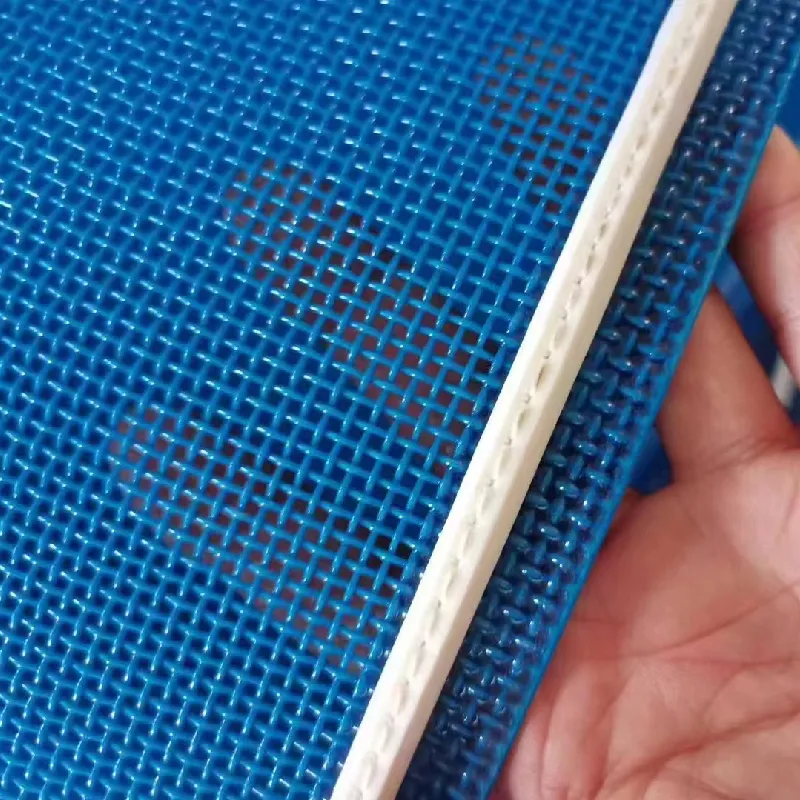-
 Afrikaans
Afrikaans -
 Albanian
Albanian -
 Amharic
Amharic -
 Arabic
Arabic -
 Armenian
Armenian -
 Azerbaijani
Azerbaijani -
 Basque
Basque -
 Belarusian
Belarusian -
 Bengali
Bengali -
 Bosnian
Bosnian -
 Bulgarian
Bulgarian -
 Catalan
Catalan -
 Cebuano
Cebuano -
 China
China -
 Corsican
Corsican -
 Croatian
Croatian -
 Czech
Czech -
 Danish
Danish -
 Dutch
Dutch -
 English
English -
 Esperanto
Esperanto -
 Estonian
Estonian -
 Finnish
Finnish -
 French
French -
 Frisian
Frisian -
 Galician
Galician -
 Georgian
Georgian -
 German
German -
 Greek
Greek -
 Gujarati
Gujarati -
 Haitian Creole
Haitian Creole -
 hausa
hausa -
 hawaiian
hawaiian -
 Hebrew
Hebrew -
 Hindi
Hindi -
 Miao
Miao -
 Hungarian
Hungarian -
 Icelandic
Icelandic -
 igbo
igbo -
 Indonesian
Indonesian -
 irish
irish -
 Italian
Italian -
 Japanese
Japanese -
 Javanese
Javanese -
 Kannada
Kannada -
 kazakh
kazakh -
 Khmer
Khmer -
 Rwandese
Rwandese -
 Korean
Korean -
 Kurdish
Kurdish -
 Kyrgyz
Kyrgyz -
 Lao
Lao -
 Latin
Latin -
 Latvian
Latvian -
 Lithuanian
Lithuanian -
 Luxembourgish
Luxembourgish -
 Macedonian
Macedonian -
 Malgashi
Malgashi -
 Malay
Malay -
 Malayalam
Malayalam -
 Maltese
Maltese -
 Maori
Maori -
 Marathi
Marathi -
 Mongolian
Mongolian -
 Myanmar
Myanmar -
 Nepali
Nepali -
 Norwegian
Norwegian -
 Norwegian
Norwegian -
 Occitan
Occitan -
 Pashto
Pashto -
 Persian
Persian -
 Polish
Polish -
 Portuguese
Portuguese -
 Punjabi
Punjabi -
 Romanian
Romanian -
 Russian
Russian -
 Samoan
Samoan -
 Scottish Gaelic
Scottish Gaelic -
 Serbian
Serbian -
 Sesotho
Sesotho -
 Shona
Shona -
 Sindhi
Sindhi -
 Sinhala
Sinhala -
 Slovak
Slovak -
 Slovenian
Slovenian -
 Somali
Somali -
 Spanish
Spanish -
 Sundanese
Sundanese -
 Swahili
Swahili -
 Swedish
Swedish -
 Tagalog
Tagalog -
 Tajik
Tajik -
 Tamil
Tamil -
 Tatar
Tatar -
 Telugu
Telugu -
 Thai
Thai -
 Turkish
Turkish -
 Turkmen
Turkmen -
 Ukrainian
Ukrainian -
 Urdu
Urdu -
 Uighur
Uighur -
 Uzbek
Uzbek -
 Vietnamese
Vietnamese -
 Welsh
Welsh -
 Bantu
Bantu -
 Yiddish
Yiddish -
 Yoruba
Yoruba -
 Zulu
Zulu
Effective Insect Barrier Solutions for Sustainable Agriculture and Crop Protection Methods
The Importance of Anti-Insect Nets in Agriculture
In the realm of modern agriculture, protecting crops from pests and diseases is as critical as ensuring the right conditions for growth. One of the most effective solutions farmers are turning to is the use of anti-insect nets. These nets serve not only as a barrier against harmful insects but also as a means to enhance crop productivity and sustainability.
Anti-insect nets are specially designed mesh coverings that prevent pests from reaching crops. They come in various sizes and mesh densities, allowing farmers to choose the most suitable option based on their specific needs. These nets are typically made from durable materials that can withstand environmental conditions while maintaining their integrity over time. The use of such nets has become increasingly popular in organic farming, where chemical pesticides are avoided.
The Importance of Anti-Insect Nets in Agriculture
Moreover, anti-insect nets can help in maintaining the overall health of plants. By preventing pests from feeding on the crops, these nets minimize damage and stress to the plants. This leads to better yield quality and quantity, ultimately benefitting farmers economically. Studies have shown that crops protected by insect nets can produce yields significantly higher than those exposed to pests. For instance, vegetables like tomatoes and cucumbers have shown remarkable improvements in growth and quality when grown under such protective measures.
anti insect net for agriculture

In addition to pest control, anti-insect nets also provide other protective benefits. They can serve as a shield against adverse weather conditions, such as hail, strong winds, and excessive rainfall. By providing a controlled environment, these nets can create a microclimate that fosters ideal growing conditions. This is particularly beneficial in regions where extreme weather events are becoming more common due to climate change.
Another important aspect of anti-insect nets is their role in preventing the spread of plant diseases. Many diseases in crops are transmitted by insects, and by keeping these pests at bay, farmers can significantly reduce the risk of outbreaks. This disease prevention strategy is especially crucial for high-value crops that are susceptible to pest infestations and diseases, ensuring a better return on investment.
While the initial cost of purchasing and installing anti-insect nets may be a concern for some farmers, the long-term benefits far outweigh these costs. The reduction in pesticide use, improved crop yields, and the overall health of the plants contribute to increased profitability. Furthermore, the growing focus on sustainability and environmentally friendly practices in agriculture makes the investment in anti-insect nets not just a viable option but a necessary one for future-oriented farming.
In conclusion, anti-insect nets are a significant advancement in agricultural practices. They help farmers safeguard their crops from pests and diseases while promoting sustainable farming methods. As the agricultural sector continues to evolve, integrating effective pest management strategies like anti-insect nets will be vital for ensuring food security and preserving the environment. By adopting these practices, farmers can not only enhance their productivity but also contribute to a healthier planet for future generations.
-
Shipping Plastic Bags for Every NeedNewsJul.24,2025
-
Safety Netting: Your Shield in ConstructionNewsJul.24,2025
-
Plastic Mesh Netting for Everyday UseNewsJul.24,2025
-
Nylon Netting for Every UseNewsJul.24,2025
-
Mesh Breeder Box for Fish TanksNewsJul.24,2025
-
Expanded Steel Mesh Offers Durable VersatilityNewsJul.24,2025











